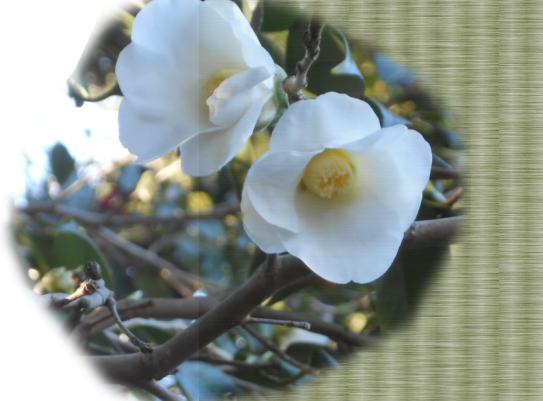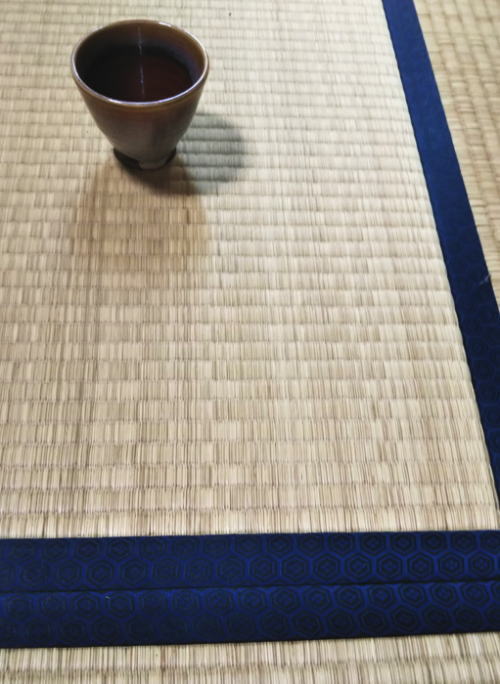
One day, my upstairs neighbour, a just-moved-in Aussie complained, “I cannot stand those tatami mats. They are so stinky! What’s wrong with them?” I instantly knew he was referring to that distinctive smell of fresh Igusa (common rush or Juncus) stalks -- one of the ingredients of this unique Japanese flooring. Apartment owners in Japan usually renew tatami floors for new tenants, and it was apparent he had got spick-and-span ones.
“Why do they stink?” demanded the Australian. I answered, “That's because they are brand new” and added, “How lucky you are! Mines have become dun, worn-out, and I could use some freshness.” Then, he said, “Oh, please! Take mines!” I wish I could have. But, naturally, we cannot do that. Simply exchanging one's mats with others... the room rental system doesn't work that way. So I explained to him how Japanese people love that bracing scent of fresh tatami. Of course, there may be an exception, but most of the Japanese do; so he can just pretend that he would do as Romans do when in Rome.
Somehow he seemed to manage, even though if he really couldn’t take the smell, I was ready to talk to the landlord for him (but it was doubtful the owner would replace new mats with old ones or take any active measure to remove the odour).
By the way, I’ve found a Japanese website (sorry! only in Japanese) pitching all nice things about tatami, and here are six benefits it can offer:
1) Regulates the humidity of the room by absorbing or releasing the moisture depending on whether the air is damp or dry.
2) Purifies the room air by sucking up nitrogen dioxides, formaldehyde, and other substances causing the sick building syndrome.
3) The Igusa plant used for the mat top has an aromatherapeutic effect, which relaxes your mind and enhances mental concentration, with the scent and colour combined.
4) Both the Igusa mat top and straw bottom form a porous structure capable of holding abundant air and giving excellent heat insulation/retention for comfort throughout the year.
5) The porous Igusa top gives moderate elasticity and flexibility protecting the elderly and children from injury if they fall on it.
6) The air-retaining design of the mat absorbs sound and shock better than wood floorings, ensuring enhanced tranquility.
Well, for all these advantages, tatami seems quite a reasonable option, but just as every good thing has a downside, so does it. And just like Japanese people love it, house ticks love these mats! So be prepared with anti-tick products.

|






